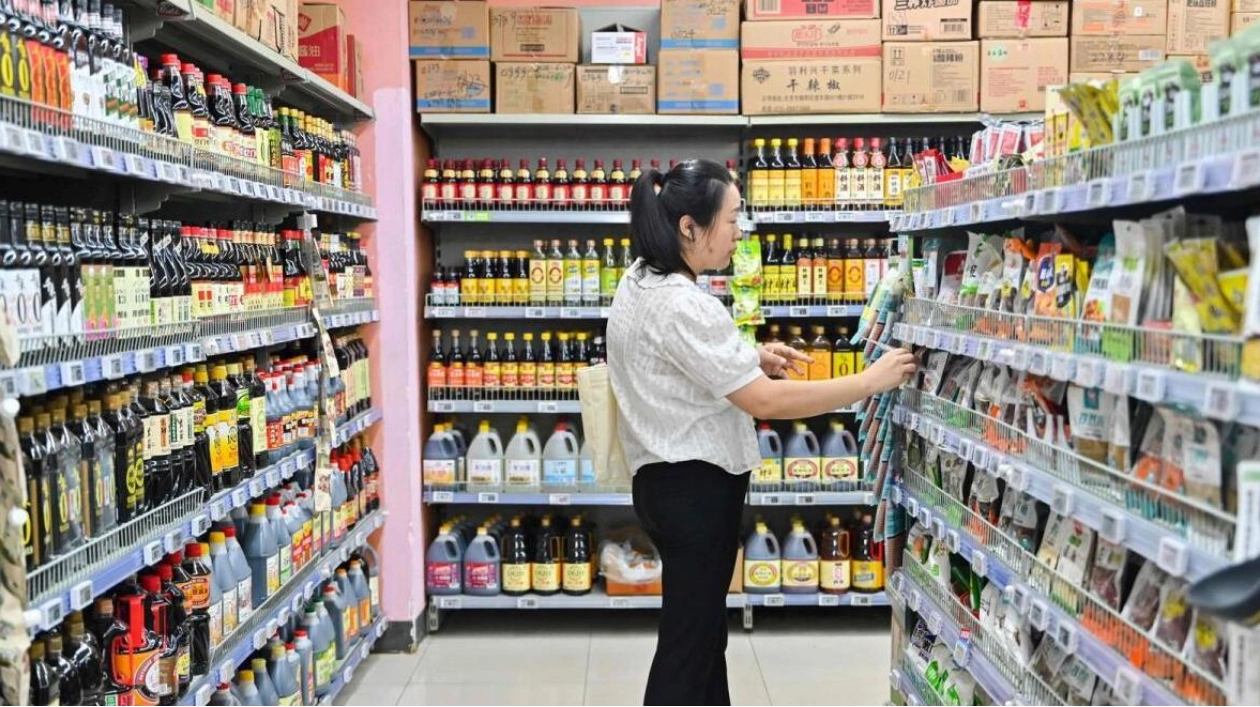A study published on Tuesday revealed that over 3,600 chemicals used in food packaging or preparation have been found in human bodies, with some posing significant health risks, while the effects of others remain largely unknown.
According to Birgit Geueke, the lead study author from the Zurich-based NGO Food Packaging Forum Foundation, around 100 of these chemicals are deemed to be of 'high concern' to human health. Some of these chemicals, such as PFAS and bisphenol A, have been extensively studied and have already been detected in human bodies, leading to bans on their use. However, Geueke told AFP that the health impacts of many other chemicals are still unclear, urging further research into how these substances, used in packaging, end up being ingested with food.
The researchers had previously identified approximately 14,000 food contact chemicals (FCCs) that can migrate from packaging materials like plastic, paper, glass, metal, and others into food. These chemicals can also originate from other parts of the food production process, such as conveyor belts or kitchen utensils. The team then searched for these chemicals in existing biomonitoring databases, which track chemicals in human samples. Geueke said they expected to find a few hundred FCCs, but were surprised to discover 3,601—a quarter of all known FCCs.
Geueke emphasized that the study could not definitively link all these chemicals to food packaging, as other exposure sources are possible. Among the 'high concern' chemicals were numerous PFAS, often referred to as 'forever chemicals,' which have been detected in various parts of the human body and linked to a range of health issues. Bisphenol A, a hormone-disrupting chemical used in plastics, and phthalates, another hormone-disrupting chemical linked to infertility, were also detected. Less is known about oligomers, which are byproducts of plastic production, with almost no evidence on their health effects, according to Geueke.
The study's limitation was its inability to determine whether there were particularly high concentrations of any of the chemicals. However, Geueke warned that these chemicals can interact with each other, citing a single sample that contained up to 30 different PFAS. She recommended reducing contact time with packaging and avoiding heating food in its original packaging.
Duane Mellor, an expert in evidence-based medicine at the UK's Aston University, praised the study as 'very thorough.' However, he noted that it did not address the extent of exposure to these chemicals and hinted at other environmental sources. Instead of causing 'unnecessary alarm,' Mellor suggested that people demand better data and minimize unnecessary exposure to potentially harmful chemicals.
Some of these chemicals are already facing bans. The European Union is in the final stages of banning PFAS in food packaging, and has proposed a similar ban on bisphenol A by the end of this year. The study was published in the Journal of Exposure Science and Environmental Epidemiology.






